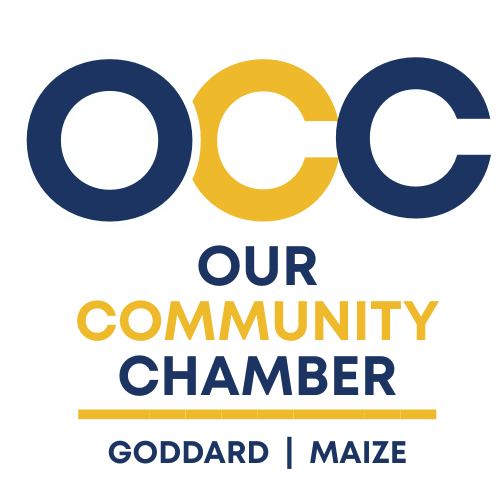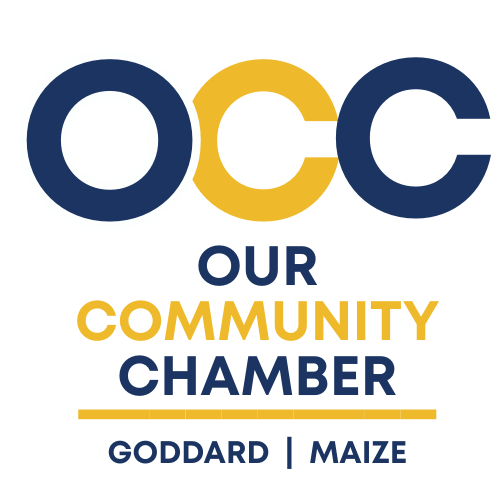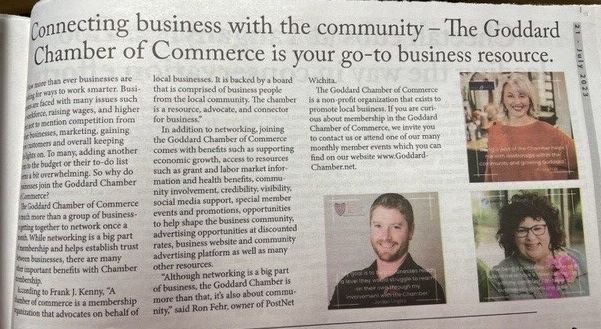Is Your Business Thriving?
February Luncheon Recap
In February, GCC Luncheon attendees were treated to an engaging and educational presentation from Danielle Basile of Bandura Plus. Danielle’s talk, “Is Your Business Thriving? Six Crucial Questions Impacting Business Success”, took a critical look at how business leadership affects the overall success of a company.
First, Danielle asked “does your business have a clear vision of where it’s going?”. The vision of a business is like a roadmap – it gives leadership and employees a clearly-defined plan of action to reach an overall organizational goal. Everyone wants to know where they’re going and how they fit into the bigger picture, and communicating that vision from the top-down provides a level of focus and allows employees to stop playing “firefighter”. The vision of a business sets the tone of the organization and affects everything from mission and core values down to day-to-day operations.
Once a vision has been set, it’s important to consider whether an organization has strong leadership – and sufficient “depth” to lead the organization today and into the future. Organizations that are serious about growth must take a critical look at who is at their leadership table and whether there is a diversity of thoughts, backgrounds, ideas, values, and experiences. The “voice of the people” is crucial as well – if leadership isn’t properly attuned with what the rest of the team is thinking and feeling, communication can quickly break down.
A sufficiently deep leadership bench must then be able to clearly communicate to their team so that everyone understands their roles and expectations. More than a group of employees, successful organizations build communities amongst their team. Communication is the cornerstone of culture. Team members deserve to have expectations clearly communicated to them, and team members knowing how they fit in with the overall plan (everything ties back to vision!) helps leadership manage accountability.
In order to build a community of team members willing to go above and beyond, an organization needs a plan to recruit and retain the best talent in their field. It may sound like a cliché, but people are the most important asset in every organization. It’s crucial to engage employees and gauge turnover. If team members are leaving the organization, it’s important to find out why. Talent is critical to the ongoing momentum of any organization.
“Culture” is an oft-used amorphous term in organizational development, and while hard to define, culture is critical to the success of an organization. A toxic culture will ruin even the best-organized business. Leadership must examine whether communication, teamwork, and energy are where they need to be. Of course, if culture at an organization is suffering, leadership is often the last to know. Cultivating an environment where any team member feels they can approach leadership with questions, new ideas, or concerns is vital to creating a positive culture.
Finally, there are very important legal and structural considerations to make sure an organization can continue to be successful. Confidently managing employment practices is crucial to ensure that an organization isn’t tiptoeing across a minefield that puts the organization at risk. Navigating employment laws, a constantly-evolving handbook, document management, and a system to review policies and procedures may not be the “fun” tasks of organizational management, but they are paramount.




